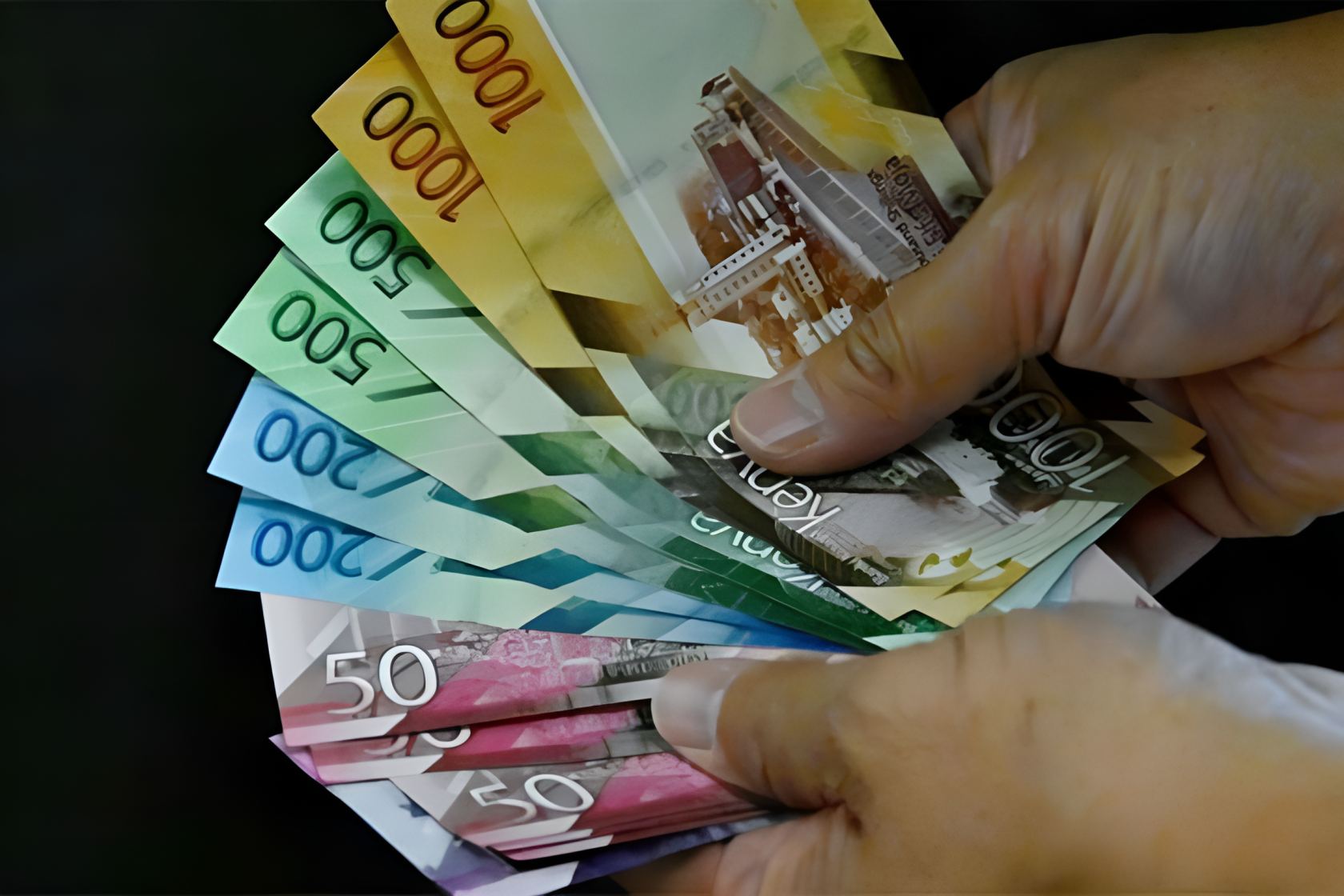Kenya under scrutiny as shilling remains stable at 129 against the dollar

The shilling has weakened against the Euro, now trading at Sh141, and the British Pound at Sh171, raising questions about what’s truly behind the dollar pairing.
For nearly a year, Kenya’s shilling has remained fixed at Sh129 to the US dollar — a striking recovery from its plunge past Sh170 in early 2024.
While this apparent rally might suggest economic stability, the unwavering exchange rate has triggered concerns and speculation in both financial and diplomatic circles.
Contrary signals from other currencies complicate the narrative. The shilling has weakened against the Euro, now trading at Sh141, and the British Pound at Sh171, raising questions about what’s truly behind the dollar pairing.
With global currency shifts driven by renewed US tariffs under President Trump, some observers are beginning to question whether Kenya may be managing the shilling’s value too tightly.
Although the weakening of the dollar globally might justify the current rate, the shilling’s prolonged stillness, unchanged since July 2024, is unusual.
In a typical floating regime, the currency would have appreciated amid the dollar's slump, especially after it hit a three-year low last month.
The situation is even more perplexing when viewed against Kenya’s broader economic backdrop. Despite a strong currency, GDP growth slowed to 4.7% in 2024 from 5.7% the year before.
Several key sectors, including construction and mining, contracted, and others barely grew. Meanwhile, inflation remains a concern, and public debt is mounting.
Central Bank Governor Kamau Thugge attributes the shilling’s performance to improved economic indicators such as a surge in remittances, tourism, and exports.
“Exports grew by over 15%, tourist numbers rose nearly 15%, and remittances climbed by about 18%,” Thugge said, also citing a decline in the oil import bill. However, he stopped short of clarifying why the exchange rate has remained unchanged for so long.
Treasury PS Christopher Kiptoo says repaying the Eurobond helped ease market fears and support the shilling. But financial analyst Ivy Oyori questioned the currency’s stability, asking if it’s truly backed by improved economic fundamentals or just controlled stability.
The IMF has classified Kenya under a "managed float," allowing CBK to influence exchange rates.
Kenya’s refusal to let the shilling shift with global trends has drawn US attention.
The Trump administration now cites Kenya in ongoing reviews over possible currency manipulation.
Washington has warned Kenya against tampering with exchange rates, tying it to future trade deals.
The CBK insists the rate is market-driven, saying interventions only aim to reduce volatility, not control the value of the shilling.
Some analysts believe the government is maintaining a strong shilling to project stability, especially as it navigates major policy choices and loan talks.
Others suspect the Central Bank is tapping into foreign reserves or relying on short-term capital to hold the rate steady — a risky approach.
Critics point to contradictions. If the shilling is truly strong, why has it weakened against the Euro and Pound? The lack of clear answers fuels market uncertainty.
Experts warn that holding the currency artificially steady could backfire, sparking investor doubts or economic shocks if support suddenly fades.
